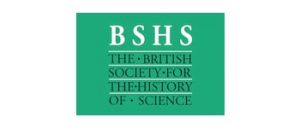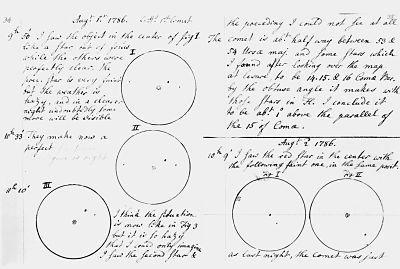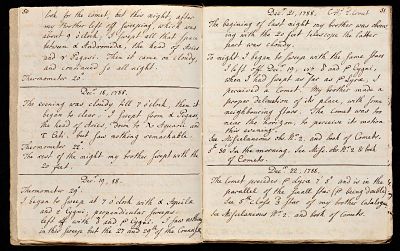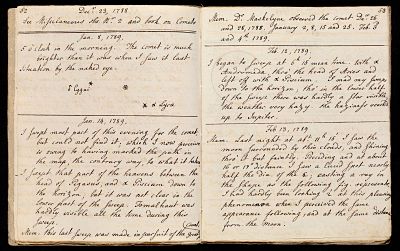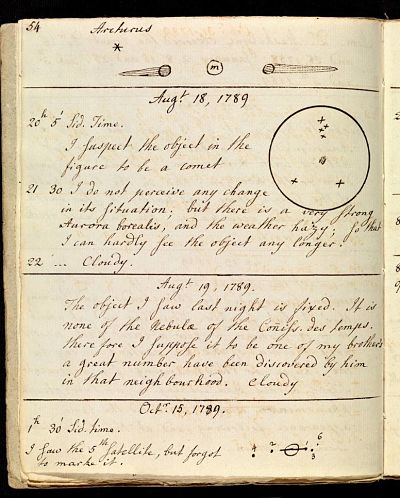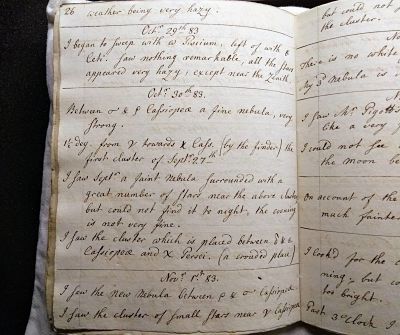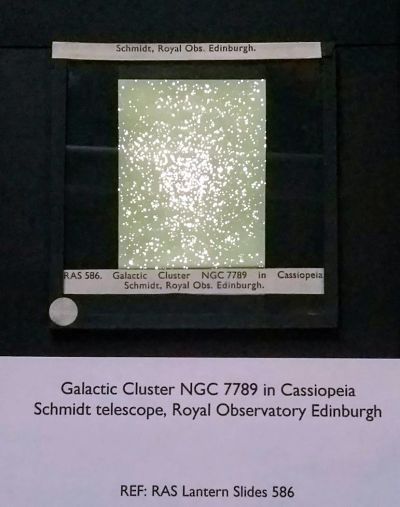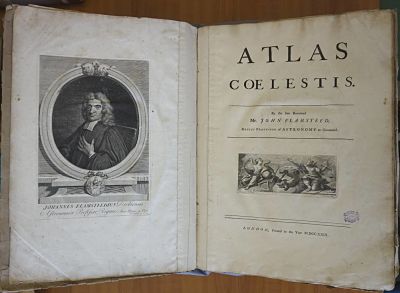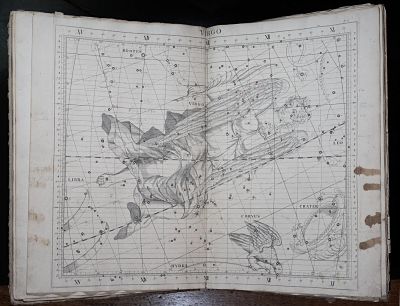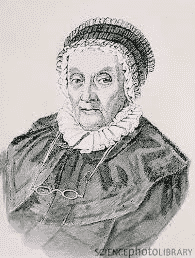Caroline Herschel
Astronomer
Image of Caroline Herschel 1847 Lithograph. Wikimedia commons
- BORN 16th March 1750 Hanover, Germany
- DIED 9th January 1848 Hanover, Germany
- WORKED Bath and Datchet (near Windsor Castle), UK; Hanover, Germany
- HONOURS 1828: Gold medal of the Royal Astronomical Society; 1835: Named Honorary member of the Royal Astronomical Society (along with Mary Somerville)
The images above are reproduced by kind permission of the Royal Astronomical Society and you will find them referenced in the podcast (hover/click on the link arrows to enlarge & for image captions)
PODCAST
click on the blue button to listen
Science Historian Dr Patricia Fara, Emeritus Fellow of Clare College Cambridge, discusses the life and work of Caroline Herschel with Dr Sian Prosser, Librarian and Archivist Royal Astronomical Society and astrophysicist Dr Anna Lisa Varri, UKRI Future Leaders Fellow at the University of Edinburgh.
Artistic Connections
Caroline Herschel was a very keen musician: sang and played harpsichord. She may have composed ‘The Echo’ attributed to her brother William. After she sang first solo in Handel’s Messiah, she was asked to perform in a Birmingham festival, but she declined because she would only sing when William was conducting, and he wanted to spend more & more time on astronomy. So the career she’d yearned for as a professional musician fizzled out.
Music
Title: Epitaph for a Comet Hunter
Music by: FRANCES M LYNCH
Additional Music by: George Frideric Handel and William Herschel
Words: adapted from the writings of Caroline Herschel
Written in: 2016
For: Solo Voice, pre-recorded Chorus, Harpsichord and Live Electronics
Performed by: Frances M Lynch
Produced by: Herbie Clarke & Frances M Lynch March 2021
This piece was written by the composer especially about the astronomer for the award winning Edinburgh Fringe show “Superwomen of Science” in 2016. It includes quotes from Rejoice Greatly Messiah, and from a Catch attributed to her brother William Herschel. It merges her comet discoveries with her own thoughts about her relationship with her brother, and her response to being awarded a Gold medal by the Royal Astronomical Society which attempts to show her understanding but struggling to accept her own contributions to science.
Education
Her father taught her & her brothers the 3Rs, music etc. But she was the only girl after her sister married, and her mother forced her to do all the household chores, so she didn’t have time for education. She came over to England to live with William, who initially taught her music but then became obsessed with astronomy, forcing her to do it too
Occupations
Looking after her 2 brothers, calculating star positions, noting down observations, superintending telescope builders, playing the harpsichord, singing, household chores, adoring her nephew and loathing her sister-in-law (she tore several pages out of her dairy)……..
Scientific Achievement
She discovered 8 comets, 14 nebulae and worked on an important star catalogue
Did You Know?
In the basement of the house she shared with her 2 brothers, she sieved horse manure to make smooth moulds for telescope mirrors
An Inspiring Woman
First woman to receive a salary (royal pension) for services to science.
She’s usually celebrated (and was at the time) for being the first woman to identify a new comet. But I think that’s pretty trivial compared with all the work she did compiling star catalogues. William is famous for discovering many new nebulae, but she observed with him & did all the tedious calculations – and spotted the first two nebulae before him.
In 2010, Royal Society named her as one of the ten most influential female scientists in Britain.
Regarding her honorary membership of the Royal Astronomical Society, Herschel was so browbeaten that she colluded in her own inferiority: “I am nothing, I have done nothing,” she wrote in her diary; “a well-trained puppy-dog would have done as much.’” Although she was grateful for official recognition, surely she deserved full membership? Similarly, although the Royal Society published Mary Somerville’s article on magnetism, her husband had to read it out: her physical presence was permitted only as a marble bust in the foyer. Objections to female membership of scientific societies continued well into the 20th century.


